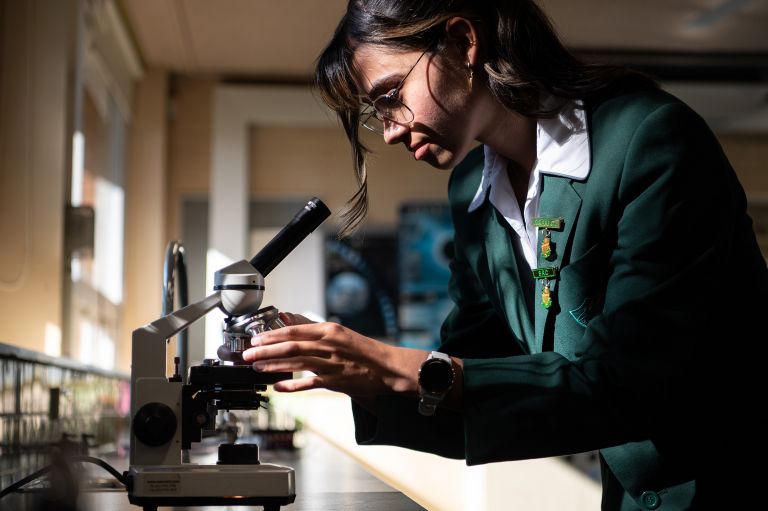Request accessible format of this publication.
NSW Women's Strategy 2023-2026
Strategy in brief

Vision
All women and girls live and work in a safe and fair society where they are treated with respect and dignity.
All women and girls have equitable access to services, resources, opportunities and protections that enable them to thrive.
Three pillars
The Strategy focuses on 3 key priority areas for action that women from across NSW have consistently said are important to them.
1
- Gender equality in the workplace
- Transitions between careers and life stages
- Pathways into work and careers
- Financial wellbeing and retirement
2
- Safe relationships, safe communities
- Understanding and awareness of women’s and girls’ health needs
- Services and support for women’s and girls’ physical and mental health
- Secure housing, preventing homelessness
3
- Leaders in community and work
- Uplifting focus communities
- Rebuilding connections, engaging with community
Guiding principles
The Strategy is guided by the following principles:
| Principles | |
|---|---|
| Equality is a right | Equality is a human right. We are obligated to ensure laws, policies and programs are not discriminatory, and recognise the unique challenges that women may face. |
| Equality of opportunity | Everyone has the right to participate fully in social and economic life, access opportunities and succeed. |
| We all benefit | Achieving gender equality benefits all and is everyone’s responsibility. |
| Working together | Achieving gender equality requires that governments, corporations, industry and the community work together to achieve change. |
| Compounding discrimination | To achieve gender equality for all, it is important to recognise the complex ways in which an individual’s identity may lead to a compounding of barriers and disadvantage. |
| Inclusivity | We all share the responsibility to improve outcomes for women and girls, regardless of their cultural background, gender, sexuality, race, ethnicity, age, disability, socioeconomic status or location. |
| Immediate and longer-term | Work should be done on achieving immediate change, as well as shifting the structures that perpetuate discriminatory social norms and attitudes, and economic and social inequality. |
Focus communities
The NSW Women’s Strategy aims to improve outcomes for all women and girls; however, it has a particular focus on improving outcomes for those who experience greater disadvantage and/or discrimination. Our focus communities are:
- Aboriginal and Torres Strait Islander women and girls
- carers
- girls and young women living in, or who have lived in, out-of-home care
- lesbian, gay, bisexual, trans, intersex, queer and/or asexual (LGBTIQA+) women and girls
- older women
- women and girls experiencing socioeconomic disadvantage
- women and girls facing homelessness
- women and girls from culturally and linguistically diverse (CALD) communities
- women and girls in contact with the criminal justice system
- women and girls living in regional, rural, remote and cross-border areas
- women and girls with disability
- women and girls with a mental illness
- women and girls who have a history of, or are currently experiencing, domestic, family or sexual violence
- women veterans (and the women partners of veterans and service members)
- young women
Responses: the NSW Government commitment
The Strategy includes many commitments, which are grouped into 3 categories.
| Successful approaches to continue and scale up | |
| New initiatives to advance equality and inclusion | |
| Signposts for future action and investment |


